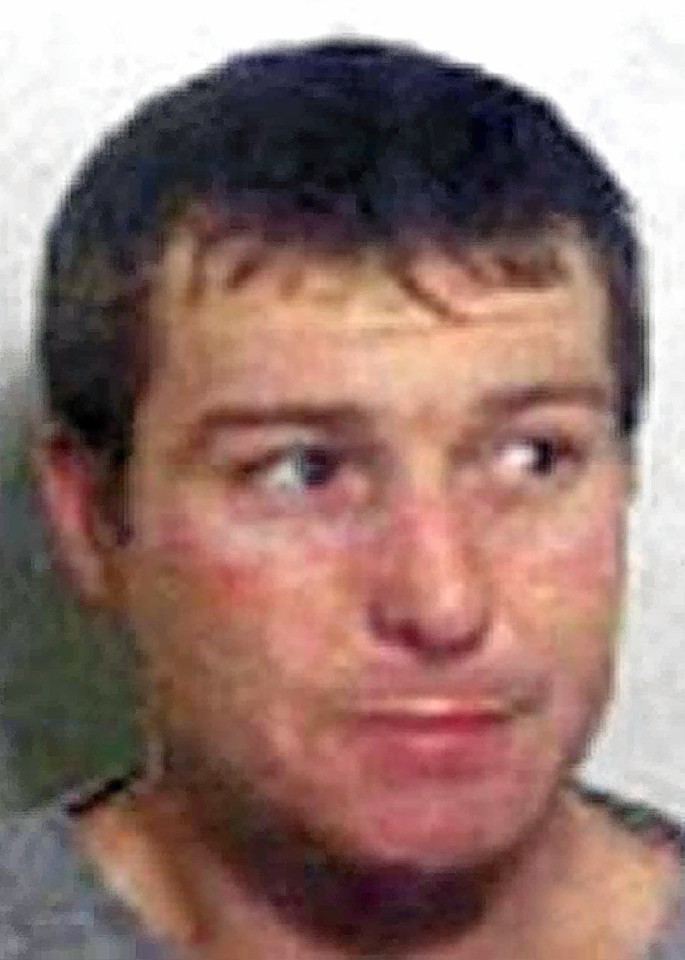A fugitive drug trafficker who went on the run for more than a decade has been jailed today for five years after acting as a courier for more than £200,000 worth of heroin.
Scott Coleman was caught by detectives in Aberdeen in 2003 following a drugs handover but was freed on bail by a sheriff and failed to turn up for subsequent court proceedings.
He was detained earlier this year in Amsterdam under a European Arrest Warrant and extradited from the Netherlands to face justice.
Coleman is also wanted by the Spanish authorities after he was sentenced in his absence to more than six years imprisonment for a drugs offence there.
A judge jailed him for four years for his involvement in the heroin supply in Aberdeen and a further year for failing to appear at his High Court trial in 2004.
Lord Glennie told him: “The court cannot turn a blind eye to this flaunting of its authority.”
Advocate depute Margaret Barron earlier told the High Court in Edinburgh: “On conclusion of this case in Scotland it is understood that the Spanish authorities will continue with their extradition application in respect of the accused.”
Coleman (41) acted as a courier in the supply of Class A drugs from Merseyside to the North-east of Scotland. A police operation targeting the large scale illegal trade resulted in the jailing of brothers Derek and Jason McAllister.
Derek McAllister, then aged 40, was jailed for 12 years and his younger brother Jason, then aged 27, was jailed for 10 years following the operation which seized heroin with a street value of pounds 1.8 million.
Ms Barron said that Coleman, a first offender who had worked as a builder, had been due to appear in court for trial in February 2004 but failed to turn up.
The prosecutor said: “Thereafter his whereabouts remained unknown until earlier this year when he was traced to the Netherlands.”
She said that from about April 2002 the former Grampian police force had become aware of intelligence which pointed to the McAllister brothers being involved in the large scale distribution of heroin.
Police received information that a drugs transaction was to take place at Bon Accord Street, in Aberdeen, in February 2003 and a number of officers took up surveillance roles.
One undercover officer who was standing in the car park of the Ferryhill House Hotel during the operation was approached by Coleman, who was not then known to police, and asked him if he was there to pick something up.
He was later seen to get into the front passenger seat of a car, which drove a short distance, before he got out again.
The driver of the car was stopped and a search found two kilos of heroin in taped packages.
Officers kept watch on Coleman who was seen to leave a guest house and go to the Criterion Bar, in Guild Street, where he was detained. He had a large rucksack with him and said: “There’s more gear in there.” A further kilo of heroin was recovered.
Coleman said he had been offered pounds 1500 to take three packages which he believed were heroin or cocaine from Liverpool to Aberdeen.
He confirmed he handed the first two over to the car driver and said that he was to wait at the pub until arrangements were made for the delivery of the third kilo.
The court heard that a kilo deal of heroin in 2003 would fetch between pounds 20,000 and 26,000.
The prosecutor said that the quantity of heroin involved if broken down to tenner bag street deals at today’s prices would realise pounds 287,000.
Coleman, a prisoner in Edinburgh, admitted being concerned in the supply of heroin on February 20 and 21 in 2003.
He also pled guilty to failing to appear at the High Court in Edinburgh on February 16 in 2004 after being granted bail at Aberdeen Sheriff Court on February 24 the previous year.
Defence solicitor advocate Ewen Roy said Coleman made “a series of dreadful decisions” some time ago.
He said that before he became involved in bringing drugs to Scotland he had no involvement in crime, but was under financial pressure at the time.
Mr Roy said Coleman had been blamed for the loss of the consignment of heroin.
He said Coleman now had family responsibilities in the Netherlands and was assessed as a low risk of re-offending.
